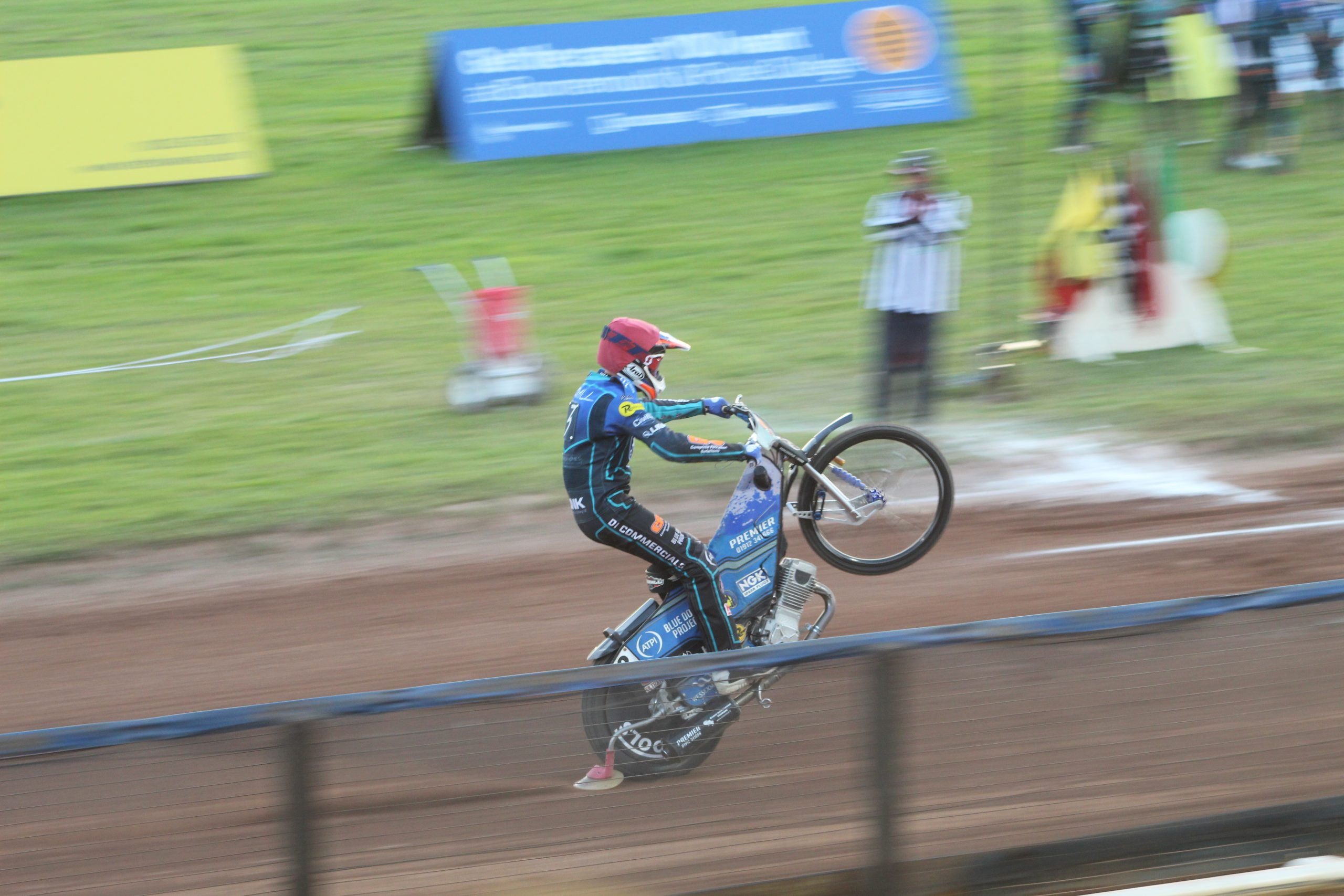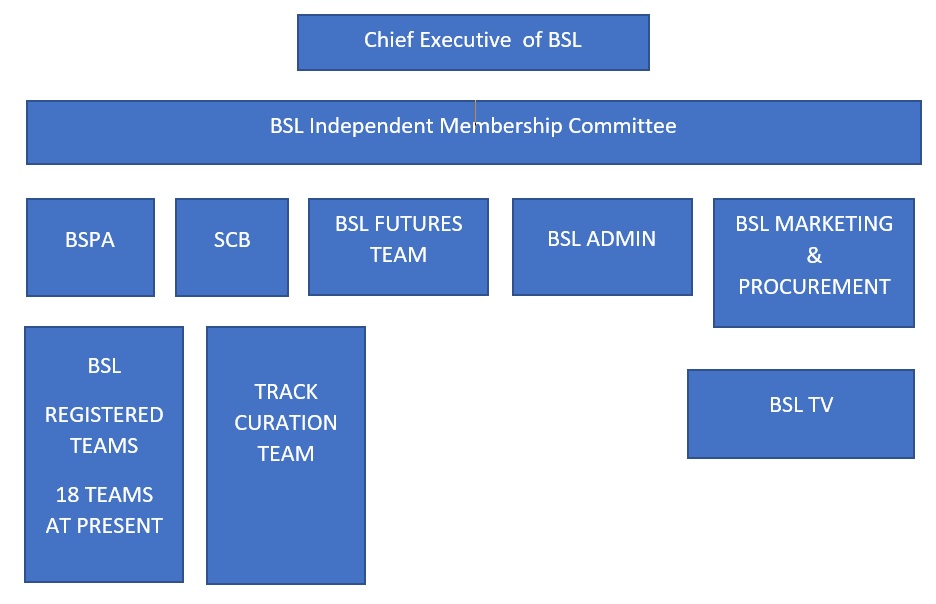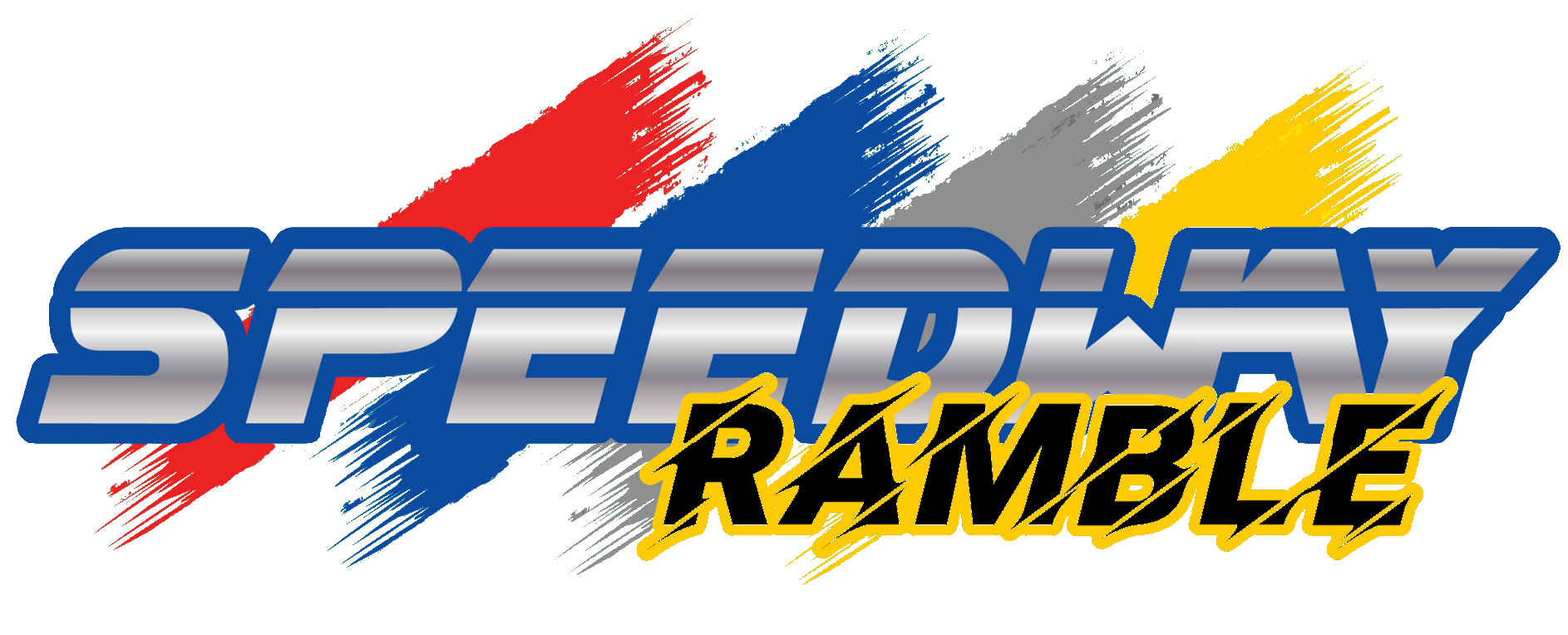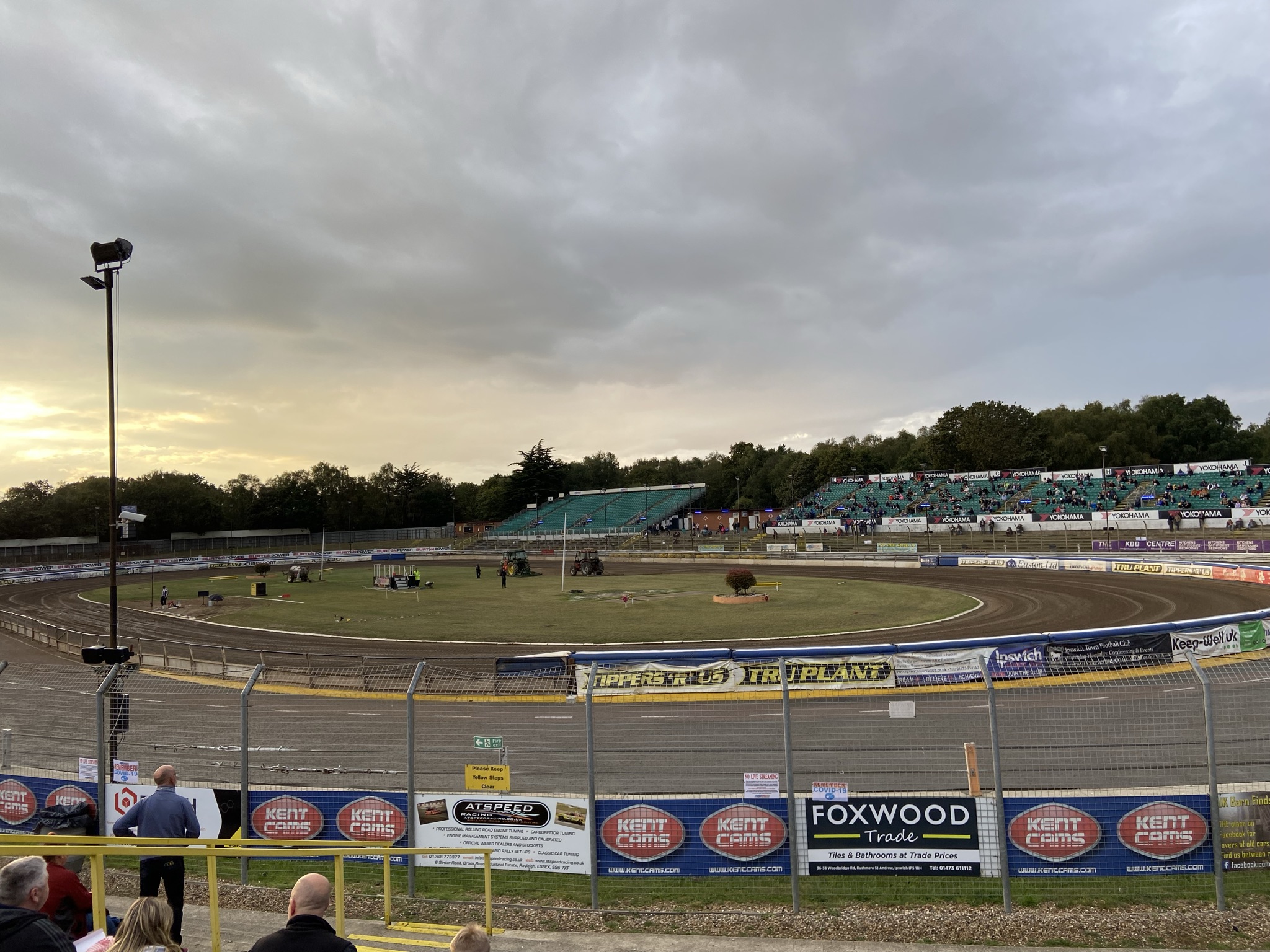Improving the Sport Part 1
In Part 1 we'll be looking at the British Speedway League's Structure, Governing and administration System.
Introduction
If you haven't looked at it yet, then you need to read the 'Current Issues' section of our Future of British Speedway series. Otherwise, some of the explanations in this section might not make sense. There have been many suggestions on repairing the sport, some good, some not so much. What we all agree on is changes need to be made to the fundamental way Speedway is operated.
The suggestions in this article will need the sport to change drastically behind the scenes. However, very little will need to switch on the track itself. It will also take a massive commitment from everyone involved. It's not a short-term fix. We are looking at the long-term future of Speedway in the UK.
We may lose a few hardcore fans in the short term, but the long-term must take precedence if Speedway is to not only survive but thrive.
We've seen cricket revolutionise the sports following with the 100 series and 20/20 cricket. We've seen Ice Hockey turn their fortunes around through the essential matchday experience envisioned by Sheffield Stealers owner Tony Smith, pulling in average crowds of 7'000 per game.
Speedway needs to change, but it doesn't need to start from scratch. Ice Hockey and Cricket are essentially the same game but presented and managed differently.
British Speedway has found itself in a new position in the European market. It's no longer the place for world championship riders and isn't an essential part of aspiring world champions CVs. For years now, we have been resisting the gradual shift of our position within the world speedway marketplace. Maybe it's time to embrace it, not fight it.
We need to create a speedway experience that attracts fans, sponsors and the media. If we concentrate on the foundations of our house, we can then build the sport into a place where world champions feel compelled to ride once again.

We're not just talking about changing the leagues' names here, a new logo, different race format. We need a complete overhaul of the way Speedway is managed and published. Gone will be the win at all costs attitude of any rogue individual, invariably leading to poor decisions for Speedway as a sport and entertainment. We can see droplets of progress in Speedway today, but it needs more vision and direction.
Central Administration
British Speedway is the culmination of 18 (at the time of writing) different single entities pulling in different directions. I'm suggesting we change all that with a central administration. One business, shared between all the club owners, operates as one powerful unit in a collective bargaining agreement. The National Revenue and Local Revenue system isn't anything new. You can see a live example in the United States by looking at the NFL.
I'm not going to over-explain this because it gets very complicated (setting it up). In essence, each club will become owned by The British Speedway League, and the owners will own shares in the business according to what each club brings to the table, the promotors investment.
All rider ownership within the UK become part of the British Speedway League. Again initial ownership is compensated with a higher percentage of the company share for each promotor.
This British Speedway League, as a business, becomes responsible for all teams within its custodianship. A central admin team handles most administration needs. British Speedway League is as strong as its most vital member and as weak as its weakest members.
With this part briefly explained, we need to install a new structure that can take the sport forwards.

Structure Overview
Chief Executive of British Speedway League
Speedway has gone stale. Everybody involved with the sport loves the sport with a passion, and that has become a problem. We all believe so passionately that the product is perfect that we are reluctant to make changes. We tinker with rules and move the goalposts but ultimately, nothing significant changes. Every winter we do the dance, each spring, we turn out programme boards at the ready.
Fresh blood with a healthy sized black book of contacts (and cheque book preferably) needs to come in and take the sport by the forwards, a new approach breaking the conventions we've all got comfortable with. It can't be anybody though, we don't want to throw the baby out with the bathwater, but we do need someone who's not afraid to make the difficult decisions.
In the Speedway Star back in 2019, Peter Oakes mentioned people like Scott Field, Director of Communication at the British Olympic Association, Ann Webber, who masterminded Marks career behind the scenes. Ian Sinderson, Group Chief Finance Officer of ATPI Limited (Formely Director of their sports division).
Independent Membership Committee (IMC)
The chief executive will put together an independent group of individuals who can make decisions and adjudicate on all issues that arise on track and off. We can't legitimately claim that decisions don't have any biases if promoters of the current club solely make decisions. Let's be clear, most of the accusations about bias are unwarranted, but the constant promise of transparency behind decisions has failed to materialise. Issues are referred to the committee, making the necessary decisions and publishing their findings. The previously mentioned names for the Chief Executive position could also be good shouts for roles in this set-up.
The remaining committee members can be made up of one member from the BSPA to advise but have no vote, representing the club's interests, a representative from the riders again to inform, and one from the British Speedway League Club to represent the supporters, which, I'll come on to shortly.
BSL Future Team
Head of BSL Development
Cricket and Ice Hockey. 2 sports which have been on their knees and bounced back; how? The futures team will be responsible for going undercover in other sports, seeing what works and why, understanding the mechanics and moving parts, and bringing ideas back to the committee.
We'll be looking to explore all avenues with the end goal to diversify the current engaged demographic in the sport. We want to see new faces, a vibrant community of youngsters enjoying the sport. Fresh ideas from other sports are needed to freshen it up, akin to the Cricket model.
They'll also be engaging with councils and committee's at potential venues to see where we can bring Speedway back, especially in places where there was once an established following. Exeter, Hull and Long Eaton, for example. They'll be looking at how we can strengthen Speedway's stronghold venues and begin planning for the expansion of Speedway in the UK.
BSL Marketing & Procurement Team
Head of BSL Procurement
BSL Marketing Manager
Head of BSL Social Media
Together we a stronger. It's a motto I use in my work all the time. As individuals, we are all doing our own thing and pulling resources from our contact books. What about if we pull our resources out of 100 contact books instead?
The Marketing and Procurement team will be responsible for advertising the sport, bringing in significant sponsorship, purchasing on behalf of the clubs for materials such as uniforms for staff and shale for tracks.
The marketing team will take ownership of all social media through an appointed Social Media Manager. You could outsource this job, put in the long term we want to keep overheads down, so we want to plan for this to come in-house. This team will use targeted advertising campaigns for areas where tracks are located, going after specific demographics depending on what fixtures are coming up for each circuit.
BSL Administration Team
Following on from the previous group, the admin team continue with the idea of central resourcing for the clubs to access. The admin team will be responsible for;
- Club Press Releases
- Social Media Posts
- Club Banking
- Club Accounting
- Programme Publishing
- Communication with Sponsors
- BSL Club Membership (I'll Explain this Later)
- Riders Pay
- Dealing with Stadium Administrative Duties on behalf of Promotors
We can free promotors time to drive the individual clubs' forwards and offer a regulated point of contract for pay discrepancies, deadlines and banking formalities.
Improving the Sport
Current Issues in Speedway

